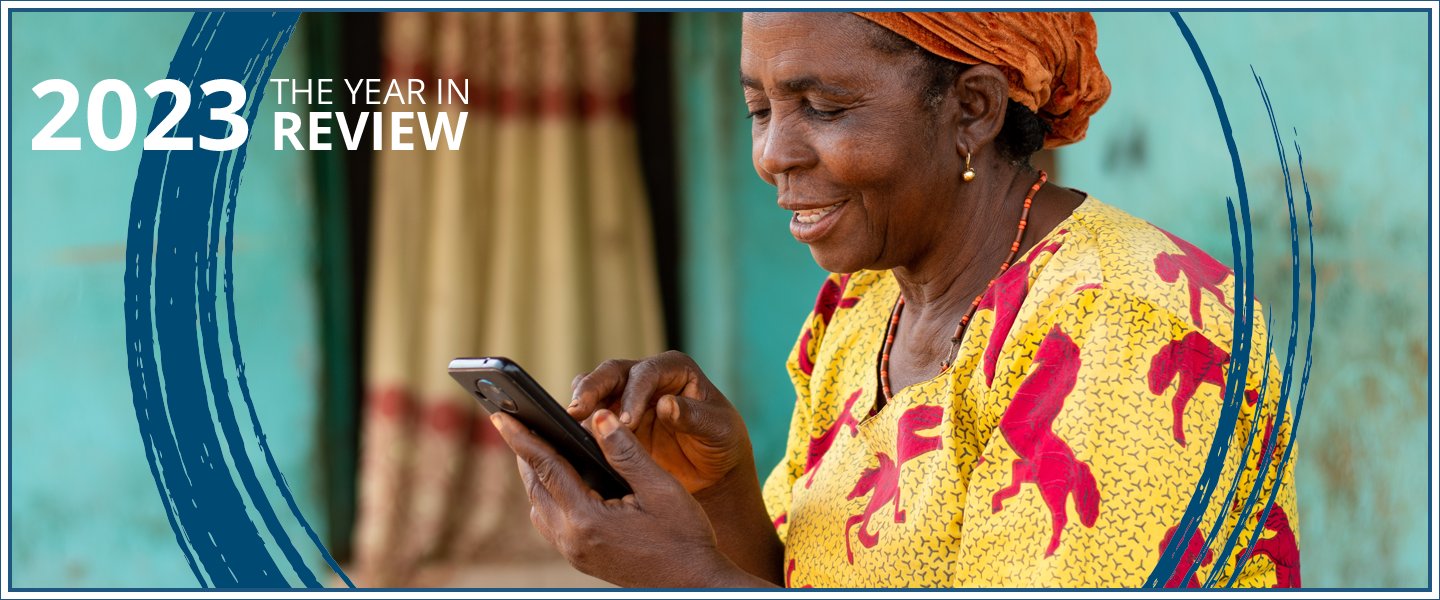If 2022 was a year of uncertainty, 2023 is the year of inequality. For countries hoping to bounce back from the devastating losses of the COVID-19 pandemic, the battle has been made tougher by the compounding threats of climate change, fragility, conflict and violence, or food insecurity, to name a few—that make it difficult for economies across the board to fully recover.
As with most crises, it’s the world’s poorest countries that are getting hit the hardest. Many of these countries, already in debt distress, find themselves even more squeezed for resources. Online gig work is a vital aspect of the labor market and a source of income—but only for those who can access it. And let’s not forget today’s refugee crisis. Better migration policies can not only help alleviate the crisis—they can also help boost economic growth and prosperity.
These polycrises have made development work more complicated. How the World Bank responds to and manages new and existing threats is ever more critical. The 2023 World Bank Group-IMF Annual Meetings were a turning point for the Bank Group in particular, as its President Ajay Banga unveiled a new mission and vision for the organization: to create a world free of poverty on a livable planet.
As we end the year shifting our focus to our new mission and vision and how we can best address the concerns facing people, planet, prosperity, digital, and infrastructure, let's look back and see how we fared in addressing some of our most pressing development concerns and priorities.

